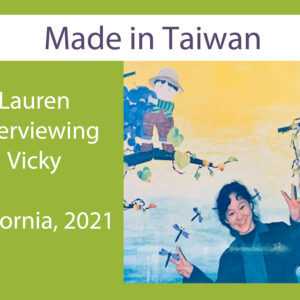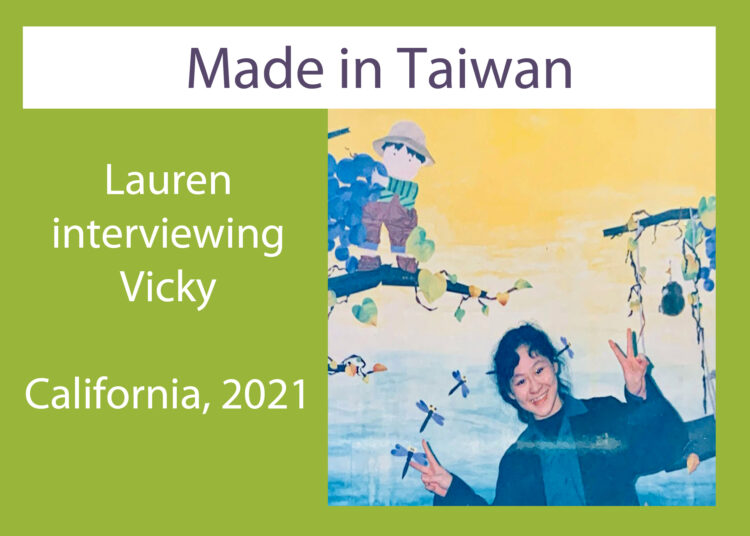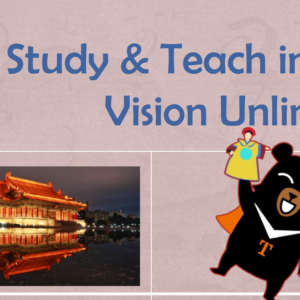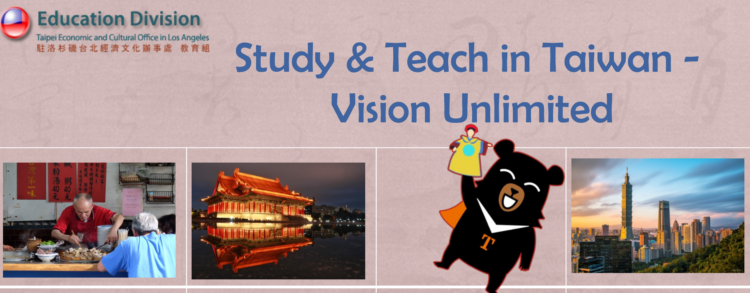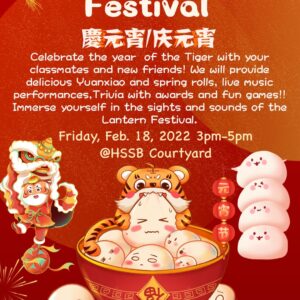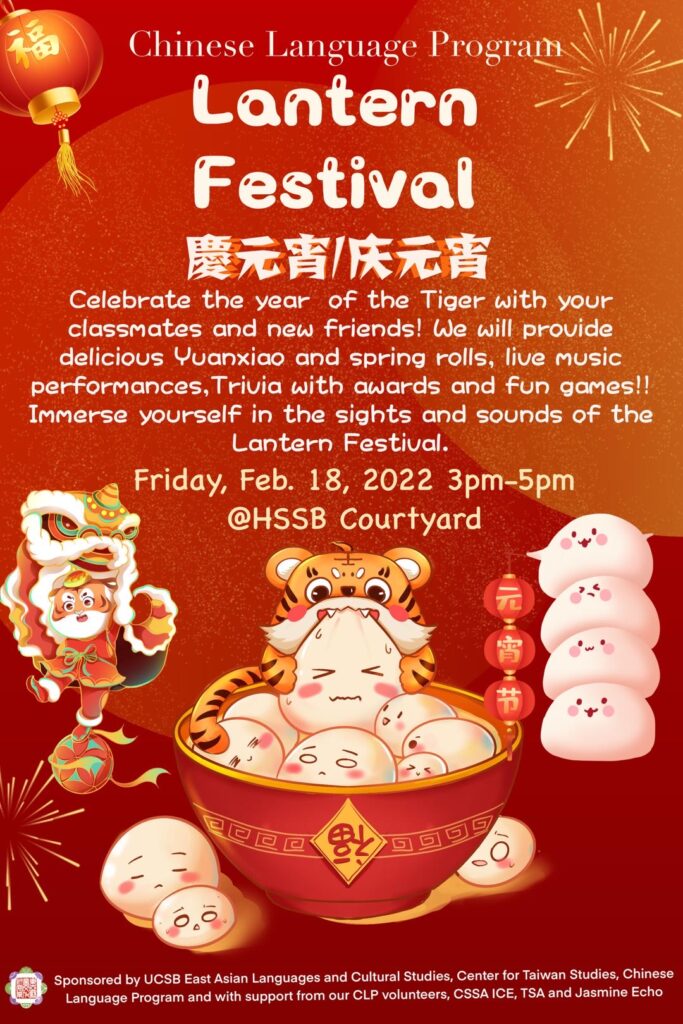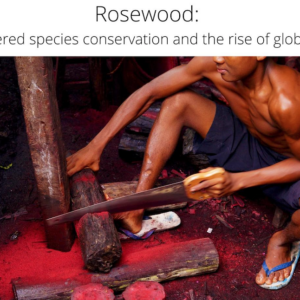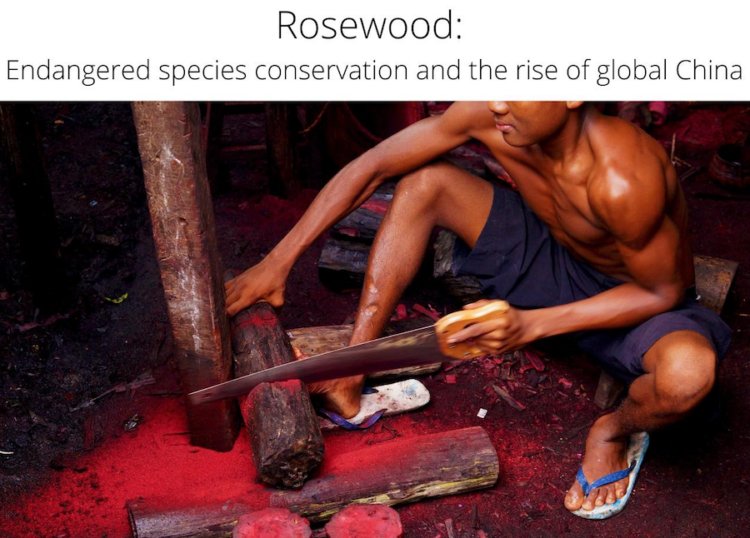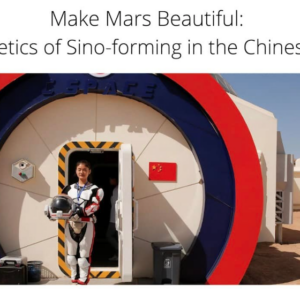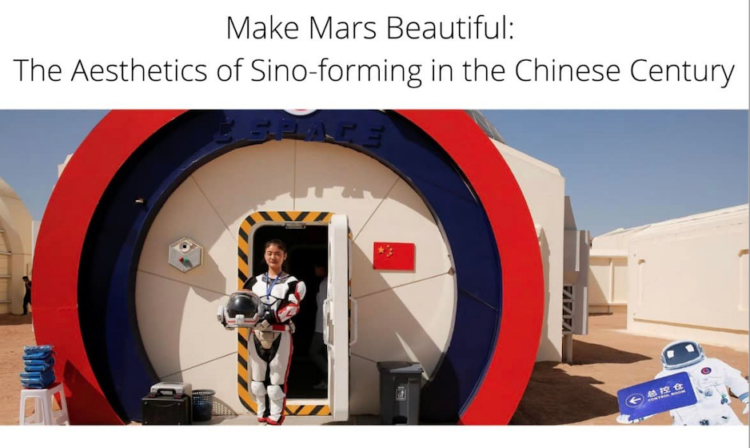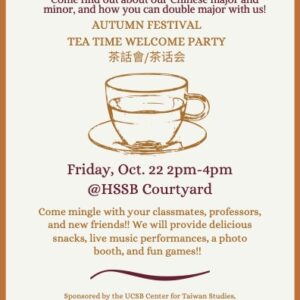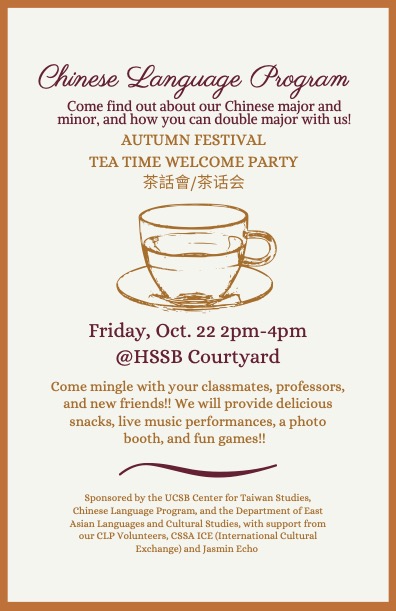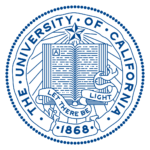
Rosewood is the world’s most trafficked endangered species by value, accounting for larger outlays than ivory, rhino horn, and big cats put together. Nearly all rosewood logs are sent to China, fueling a $26 billion market for classically styled furniture. Vast expeditions across Asia and Africa search for the majestic timber, and legions of Chinese ships sail for Madagascar, where rosewood is purchased straight from the forest. The international response has been to interdict the trade, but this misunderstands both the intent and effect of China’s appetite for rosewood, causing social and ecological damage in the process. Drawing on fieldwork in China and Madagascar, Annah Zhu upends the pieties of Western-led conservation, offering a glimpse of what environmentalism and biodiversity protection might look like in a world no longer ruled by the West.
Annah Zhu is an Assistant Professor of environmental globalization at Wageningen University in the Netherlands. She received her PhD in society and environment from the University of California, Berkeley and her Masters in environmental management from Duke University. She is a veteran of the United Nations’ Environment Program in Geneva, and a former Peace Corps volunteer in Madagascar. Her work has been published in Science, Geoforum, Political Geography, Environment International, and American Ethnologist.
Thursday, December 2nd, 2021
3:30 PM — 5:00 PM
University of California, Santa Barbara
Humanities & Social Change Center
Robertson Gymnasium 1000A
Cosponsors: Capps Center for the Study of Ethics, Religion, and Public Life; Department of East Asian Languages and Cultural Studies; Environmental Studies Program
